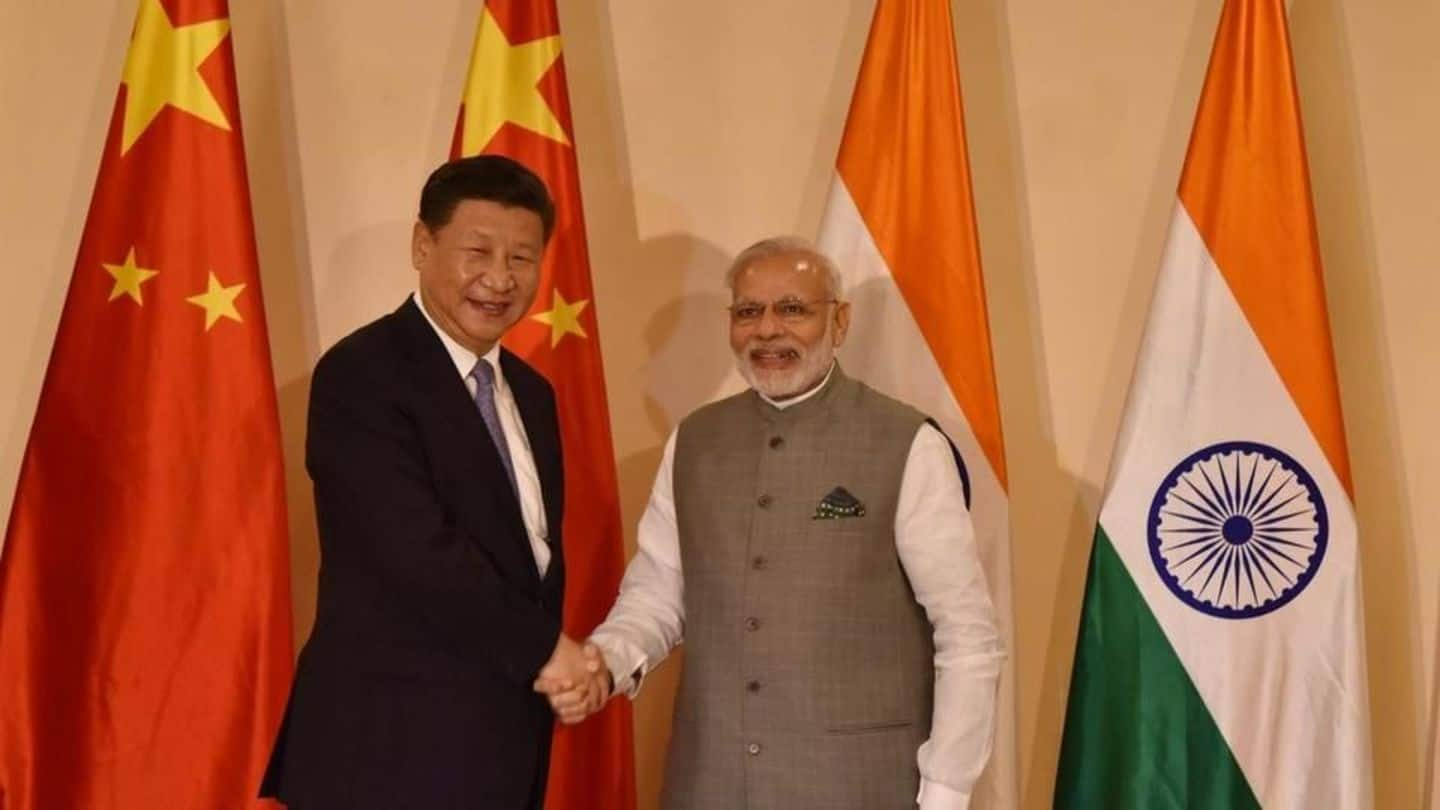
Why India and China agreed to settle the Doklam crisis
What's the story
The months-long standoff between Indian and Chinese soldiers at Doklam came to an end yesterday, with both sides agreeing to withdraw their troops. It remains unclear under what terms both countries agreed to the troop withdrawal. The move comes after weeks of diplomatic parleys and simultaneous sabre-rattling between the Asian rivals. In this timeline, we analyze four possible reasons behind the mutual troop withdrawal.
28 Aug 2017
India-China agree to withdraw troops, end Doklam standoff
On August 28, the standoff between Indian and Chinese troops at Doklam came to an end with both sides agreeing to withdraw their troops. India said the development was reached through diplomatic talks. "On this basis, expeditious disengagement of border personnel at the face-off site at Doklam has been agreed to and is on-going," the Indian Ministry of External Affairs (MEA) said.
Cost of war-I
Possible war would come as India grapples with equipment shortage
The possibility of an escalation of the crisis to a state of war between the nuclear-armed neighbors was a major concern. For India, a conventional conflict would lead to casualties and a loss of weaponry at a time when its military preparedness is dented by shortages of critical arms and ammunition. The possible involvement of Pakistan, China's all-weather ally would certainly complicate matters.
Cost of war-II
China would suffer heavy casualties, would dent international image
According to an Indian government assessment, Chinese troops risked suffering heavy casualties in a conflict which may not translate into tangible territorial or strategic advantage for Beijing. A no-win/no-lose situation for both sides wouldn't bid well for China as it would dent China's aura as a pre-eminent Asian power attempting to challenge America's status as a global super power.
Information
Potential Chinese losses could impact Beijing's larger territorial aspirations
In case of war with India, China might have to redeploy military assets which it needs to exert its authority to back its territorial claims in the South China Sea and East China Sea. Military losses against India would dent its prowess.
Trade
Trade trumps strategic differences in Sino-Indian relations
The economic relationship between India and China is deepening and annual bilateral trade is worth $70 billion. Conflict would impact this trade and subsequently stall growth of both countries, the single-biggest priority for Indian PM Narendra Modi and Chinese President Xi Jinping. Among other things, the troop withdrawal signals that India-China relations are driven by trade convergences, not strategic differences.
BRICS
Timing of BRICS summit likely played a role
The troop withdrawal comes ahead of the BRICS Summit in Xiamen, China, on September 3. PM Modi hadn't confirmed his attendance for the meeting. According to geopolitics publication Stratfor, "This is problematic since China would prefer to use BRICS to showcase its harmonious ties with member nations." "It's possible Modi used the threat of his absence" to persuade China to back down.
Winter is coming!
Troop deployment during winter would be logistical nightmare
The Doklam region features unforgiving mountainous terrain and lies at an altitude of 14,000-ft. Maintaining a troop presence in such conditions is challenging for both countries in normal circumstances. "With winters not too far away it would stress the logistics of both sides if the confrontation continues," wrote Brig. SK Chatterji (Retd.). "The obvious first step is both sides returning to their old positions."